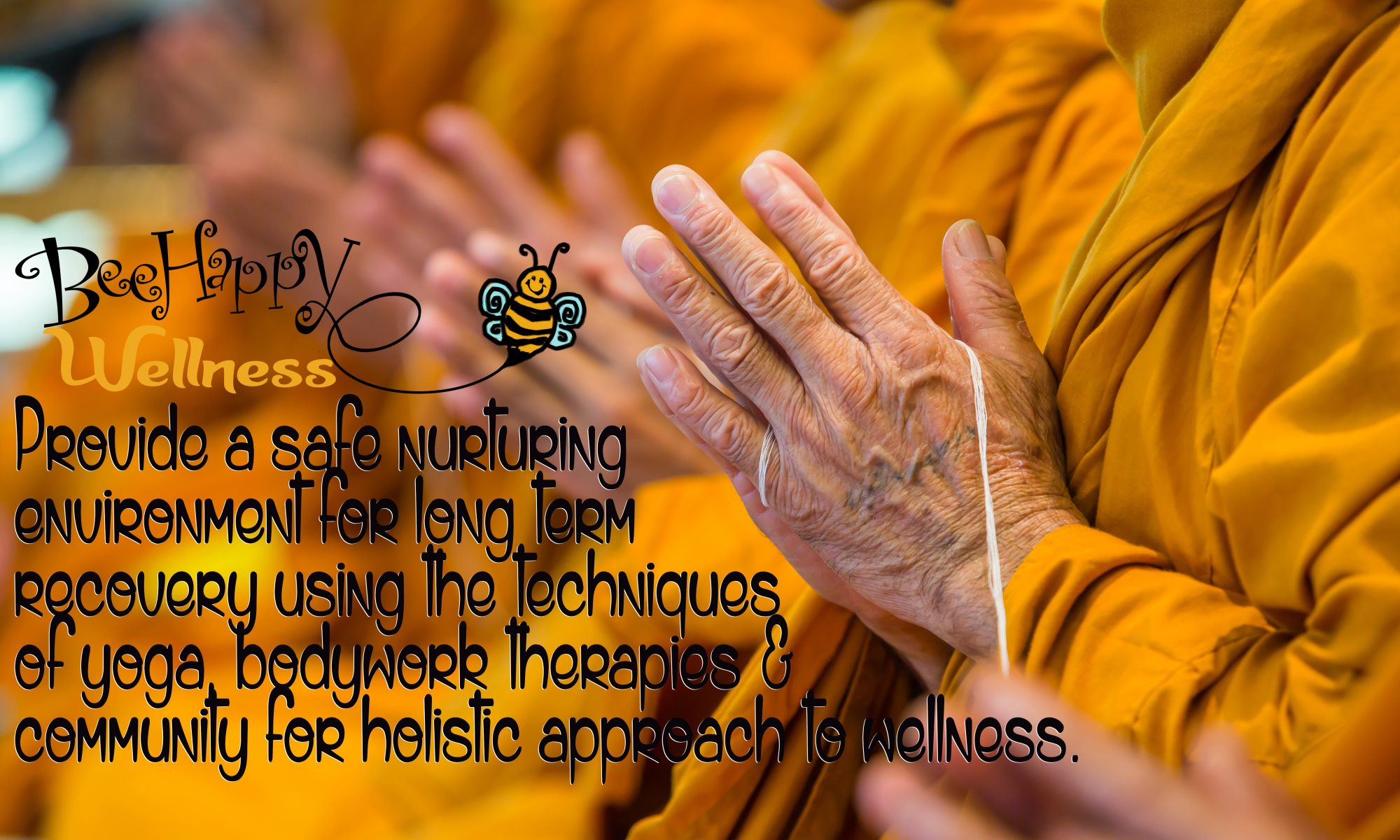If you or someone you know Struggles with Drugs/Alcohol Addiction please call
855.636.8028
https://www.poppyseedtea.com
Informative website regarding the dangers of poppy seed tea.
https://www.drugabuse.gov/publications/opioid-facts-teens/letter-to-teens
A letter to teens about opioid addiction from the national institute of drug abuse.
Yoga for addictions: a systematic review of randomised clinical trials
“Investigated how 15, 60-min sessions of yoga exercise affect depression and anxiety in 24 male drug addicts (type of drugs not specified) in rehabilitation. The authors reported significant improvements in depression and anxiety at 5 weeks in the yoga group compared with the wait-list controls. The authors concluded that yoga has a positive effect on both depression and anxiety levels in people undergoing rehabilitation for drug addiction.”
American Addiction Centers – Using Yoga in Recovery
“There are many methods and programs available to treat substance abuse and addiction, from traditional, to alternative, to complementary. More and more programs are focusing on a “whole person” or holistic approach that encompasses a variety of methods and tools to help achieve, maintain, and enhance recovery.
Yoga is a complementary, or adjunct, health practice that is often considered a natural form of medicine. Adjunct means “in addition to,” and not “in place of.” Yoga is often beneficial when used in tandem with other traditional substance abuse treatment methods.”
New Study Reveals Benefits of Yoga for People in Addiction Recovery
“According to alternative-based research, alternative practices can assist
those who are challenged with substance abuse issues,” the study stated.
“Alternative practices such as yoga, meditation, reiki, ayurveda, and
alternative nutrition have shown promising results in helping sustained
sobriety.”
Harvard Health – Yoga for anxiety and depression

Research suggests that this practice modulates the stress response.

“For centuries, Yoga has been used as a means of both physical and mental therapy. Not only has it been shown to reduce stress and promote well-being, it has been used to heal the body of many common and complex ailments. Physical exercise and yoga can be useful components of comprehensive prevention and treatment programs. The application of yoga as a therapeutic intervention capitalizes on the various psychophysiological benefits of each component of yoga; the physical exercises may increase an individual’s physical flexibility, coordination, and strength, while the breathing practices and meditation may calm and focus the mind to develop greater awareness and diminish anxiety, resulting in higher quality of life. Additionally, yoga is not competitive, does not require expensive equipment, and it can be used even in patients with severe health problems.
The ancient philosophies of yoga and mindfulness as applied to trauma and addiction are supported by recent scientific evidence from well-designed clinical trials and experimental laboratory paradigms. Mindfulness-based yoga interventions have sound conceptual underpinnings and growing empirical support for enhancing addiction treatment, prevention, and recovery. When integrated with conventional therapies, Yoga and mindfulness offer a holistic approach to breaking the cycle of stress, negative emotions, and addictive behavior by creating a sense of self-awareness, self-control, and self-realization (Khanna et al., 2013).”
Restorative and therapeutic benefits of yoga in addiction recovery
“Scientific research on the therapeutic benefits of yoga for
individuals suffering from depression, anxiety, and addiction is still in
its early phases. More research needs to be undertaken to understand
the potential use of yoga and its restorative abilities to help patients
make beneficial steps toward sobriety, prevention, recovery and wellbeing
in addiction treatment programs.”
A narrative review of yoga and mindfulness as complementary therapies for addiction
“Current findings increasingly support yoga and mindfulness as promising complementary therapies for treating and preventing addictive behaviors.”



Follow us on:


